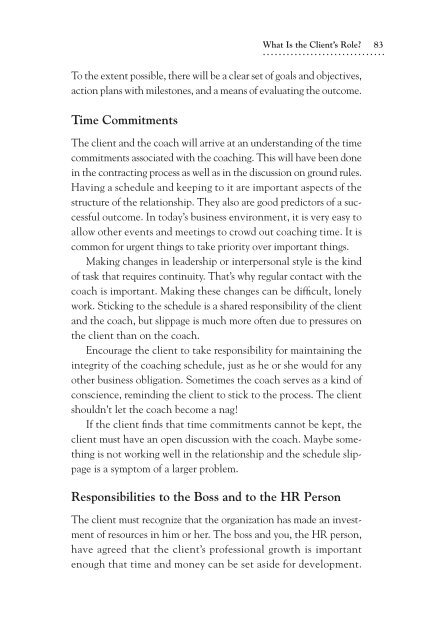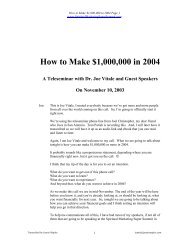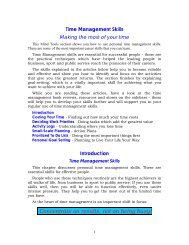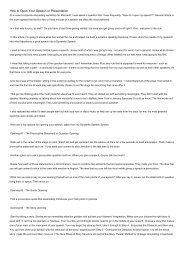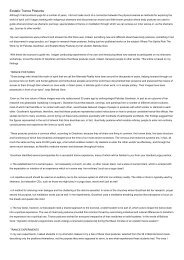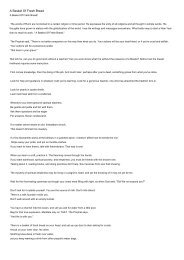Executive Coaching - A Guide For The HR Professional.pdf
Executive Coaching - A Guide For The HR Professional.pdf
Executive Coaching - A Guide For The HR Professional.pdf
Create successful ePaper yourself
Turn your PDF publications into a flip-book with our unique Google optimized e-Paper software.
To the extent possible, there will be a clear set of goals and objectives,<br />
action plans with milestones, and a means of evaluating the outcome.<br />
Time Commitments<br />
What Is the Client’s Role? 83<br />
...............................<br />
<strong>The</strong> client and the coach will arrive at an understanding of the time<br />
commitments associated with the coaching. This will have been done<br />
in the contracting process as well as in the discussion on ground rules.<br />
Having a schedule and keeping to it are important aspects of the<br />
structure of the relationship. <strong>The</strong>y also are good predictors of a successful<br />
outcome. In today’s business environment, it is very easy to<br />
allow other events and meetings to crowd out coaching time. It is<br />
common for urgent things to take priority over important things.<br />
Making changes in leadership or interpersonal style is the kind<br />
of task that requires continuity. That’s why regular contact with the<br />
coach is important. Making these changes can be difficult, lonely<br />
work. Sticking to the schedule is a shared responsibility of the client<br />
and the coach, but slippage is much more often due to pressures on<br />
the client than on the coach.<br />
Encourage the client to take responsibility for maintaining the<br />
integrity of the coaching schedule, just as he or she would for any<br />
other business obligation. Sometimes the coach serves as a kind of<br />
conscience, reminding the client to stick to the process. <strong>The</strong> client<br />
shouldn’t let the coach become a nag!<br />
If the client finds that time commitments cannot be kept, the<br />
client must have an open discussion with the coach. Maybe something<br />
is not working well in the relationship and the schedule slippage<br />
is a symptom of a larger problem.<br />
Responsibilities to the Boss and to the <strong>HR</strong> Person<br />
<strong>The</strong> client must recognize that the organization has made an investment<br />
of resources in him or her. <strong>The</strong> boss and you, the <strong>HR</strong> person,<br />
have agreed that the client’s professional growth is important<br />
enough that time and money can be set aside for development.


